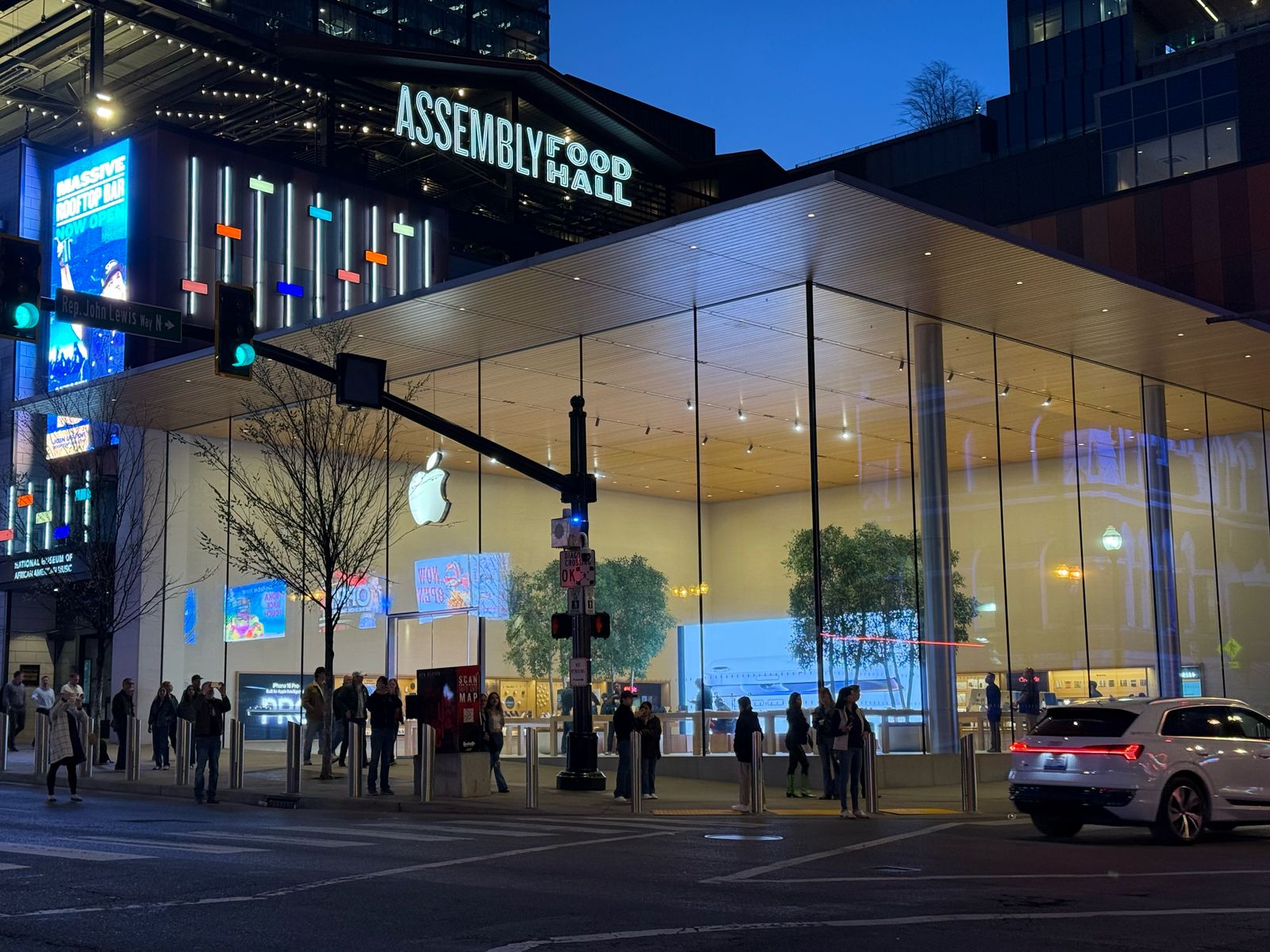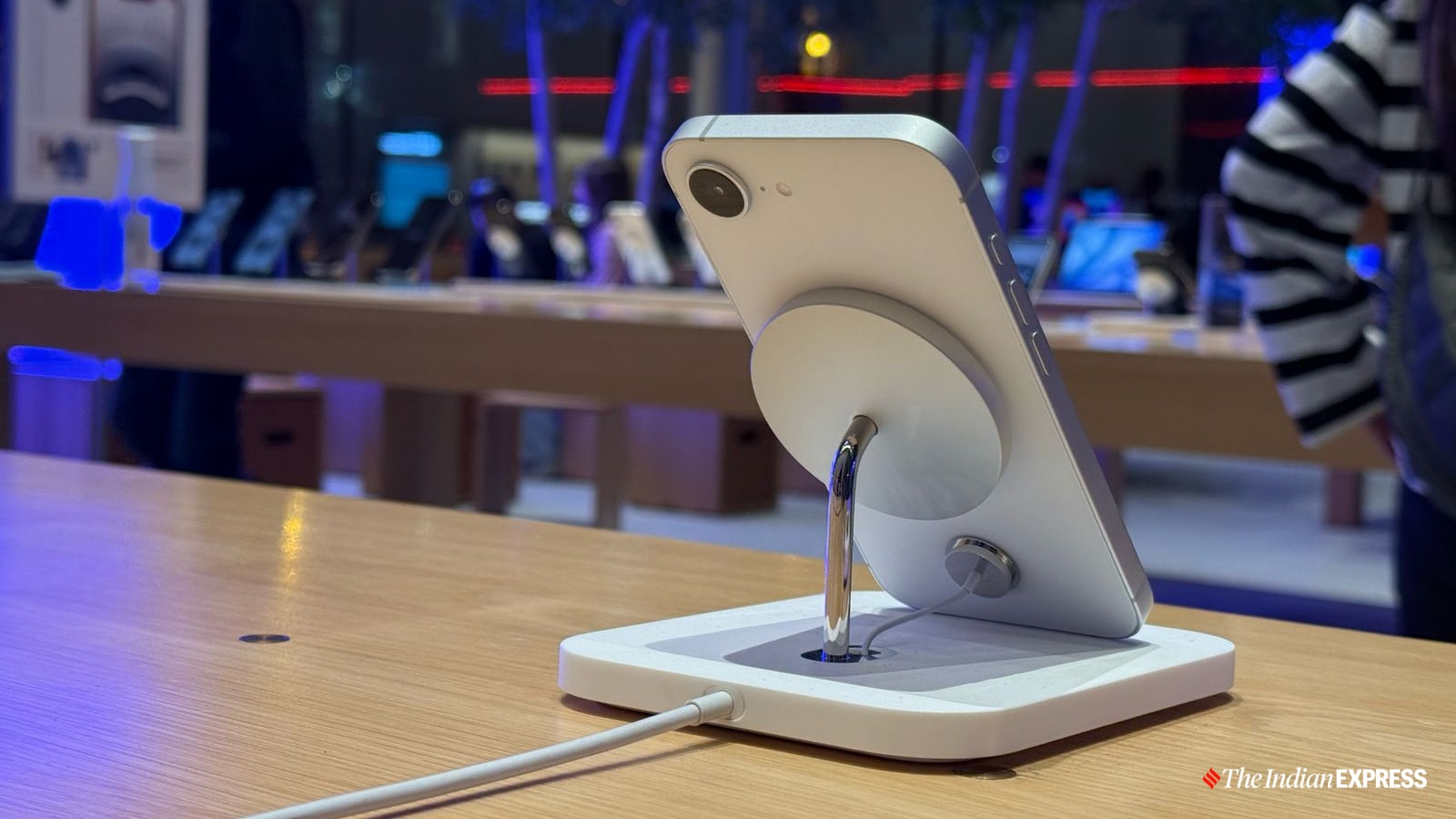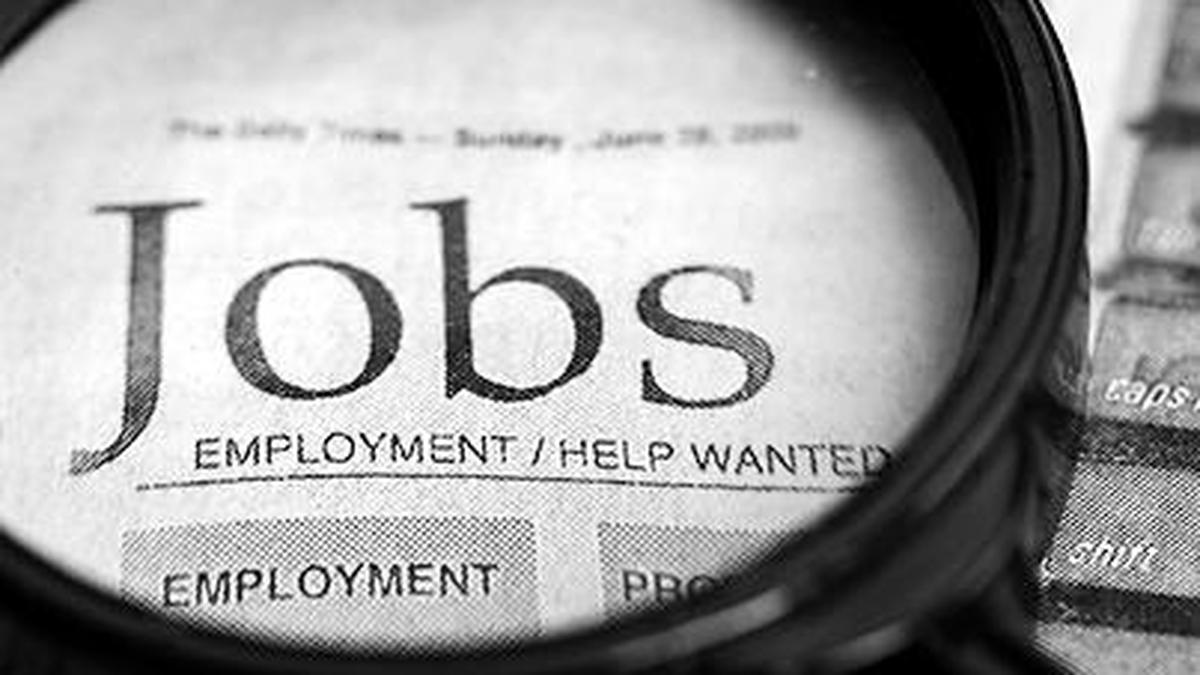President Donald Trump believes that the manufacturing of the iPhone is possible in the US, as the country has the resources and workforce to make it happen.
On Tuesday, White House press secretary Karoline Leavitt reiterated Trump’s viewpoint on “Made-in-the-USA iPhones,” doubling down on the idea that high-tech devices like the iPhone could be produced in the US. as manufacturing shifts to the country. “Absolutely. He believes we have the labor, the workforce, and the resources to do it,” Leavitt responded when asked whether Trump believes iPhone production could ultimately move to the US.
To support her claims, Leavitt said that Apple wouldn’t have invested $500 billion in the United States if they believed the manufacturing of the iPhone was not possible. However, in reality, the $500 billion US investment referenced by Leavitt has nothing to do with manufacturing iPhones in the country. During an announcement earlier this year, Apple said it would spend $500 billion, hire 20,000 people in the US over the next four years, and build a new factory in Texas to advance its artificial intelligence initiatives.
“We are bullish on the future of American innovation, and we’re proud to build on our long-standing U.S. investments with this $500 billion commitment to our country’s future,” Apple Chief Executive Tim Cook said in a press release.
But Apple has made similar investments in the past: a $350 billion contribution to the US economy in 2018 during Trump’s first term. The company did something similar in 2021 when it announced plans to invest $430 billion domestically over the next five years during the Biden administration.
While the Trump administration strongly wants to bring high-tech manufacturing back to the US. from China, experts believe that Made-in-USA iPhones are not feasible, both from a financial perspective and due to the lack of expertise in the US.
During his first term, Trump pushed for Apple products to be made in the US, but Apple didn’t move iPhone production to the U.S. Currently, Apple outsources the manufacturing of iPhones to Foxconn and Luxshare, with 90 per cent of iPhones being produced in China.
Story continues below this ad
 Apple’s shares dropped 19 per cent in the wake of last week’s tariffs announcement, marking the worst three-day stretch for Apple since 2001 (Image credit: Anuj Bhatia/Indian Express)
Apple’s shares dropped 19 per cent in the wake of last week’s tariffs announcement, marking the worst three-day stretch for Apple since 2001 (Image credit: Anuj Bhatia/Indian Express)
Apple CEO Tim Cook has hinted on multiple occasions as to why manufacturing iPhones in the US is not possible. At the Fortune Global Forum in Guangzhou in 2017, Cook explained why Apple continues to favour China as its central base for manufacturing iPhones:
“There’s a misconception about China. The popular belief is that companies come to China because of low labor costs. I’m not sure which part of China they are referring to, but the truth is that China stopped being the low-labor-cost country many years ago. And that is not the reason to come to China from a supply point of view. The reason is because of the skill, and the quantity of skill in one location, and the type of skill it is.”
Last week, President Donald Trump unveiled sweeping new tariffs on goods from most countries being imported into the US, with even higher rates for what he calls the “worst offenders”—34 per cent on China effective April 9. Trump then added an additional 50 per cent tariff on China after the country announced a retaliatory tariff. On Tuesday, the White House stated that a 104 per cent tariff rate on Chinese imports would take effect on Wednesday.
“The president wants to increase manufacturing jobs here in the United States of America,” Leavitt said during Tuesday’s briefing. “But he’s also looking at advanced technologies. He’s also looking at AI and a number of emerging fields that are growing around the world that the United States needs to be a leader in as well.”
Story continues below this ad
Apple, the world’s most valuable tech company, has been hit hard by Trump’s tariff announcement. Apple’s shares have tumbled due to uncertainty around Donald Trump’s policies and the prospect of stagnant global growth. With Apple making most of its hardware in Asia, the company is the most vulnerable to tariffs applied by the US.
To navigate potential trade wars, Apple had already moved some production operations to India and Vietnam, but those nations also face tariff rates of 26 per cent and 46 percent, respectively.China is central to Apple’s business strategy, at least in the long term, not only as a manufacturing hub but also for sales.
However, as the tariff war between the U.S. and China intensifies, Apple may look to India as an alternative route to source more iPhones as a quick fix. Apple was on track to make 25 million iPhones in India this year, with 10 million units for the local market, the Wall Street Journal cited Bank of America analyst Wamsi Mohan as saying. He added that if Apple decided to import all 25 million iPhones to the US it would satisfy about 50 per cent of the demand in the U.S.
Trump has repeatedly suggested that companies like Apple can save money and avoid paying tariffs by manufacturing in the US. However, experts say that given labor costs in the US are higher than in China or India, it would not be feasible to manufacture iPhones in the US. It is said that it would take Apple three years and $30 billion to move even 10 per cent of a supply chain to the US from Asia.
Story continues below this ad
UBS estimates that Trump’s reciprocal tariff plan could force Apple to raise the price of its top-end iPhone, the iPhone 16 Pro Max, by as much as $350 for American consumers. If Apple passes down cost increases to US consumers, it could drive inflation higher.







